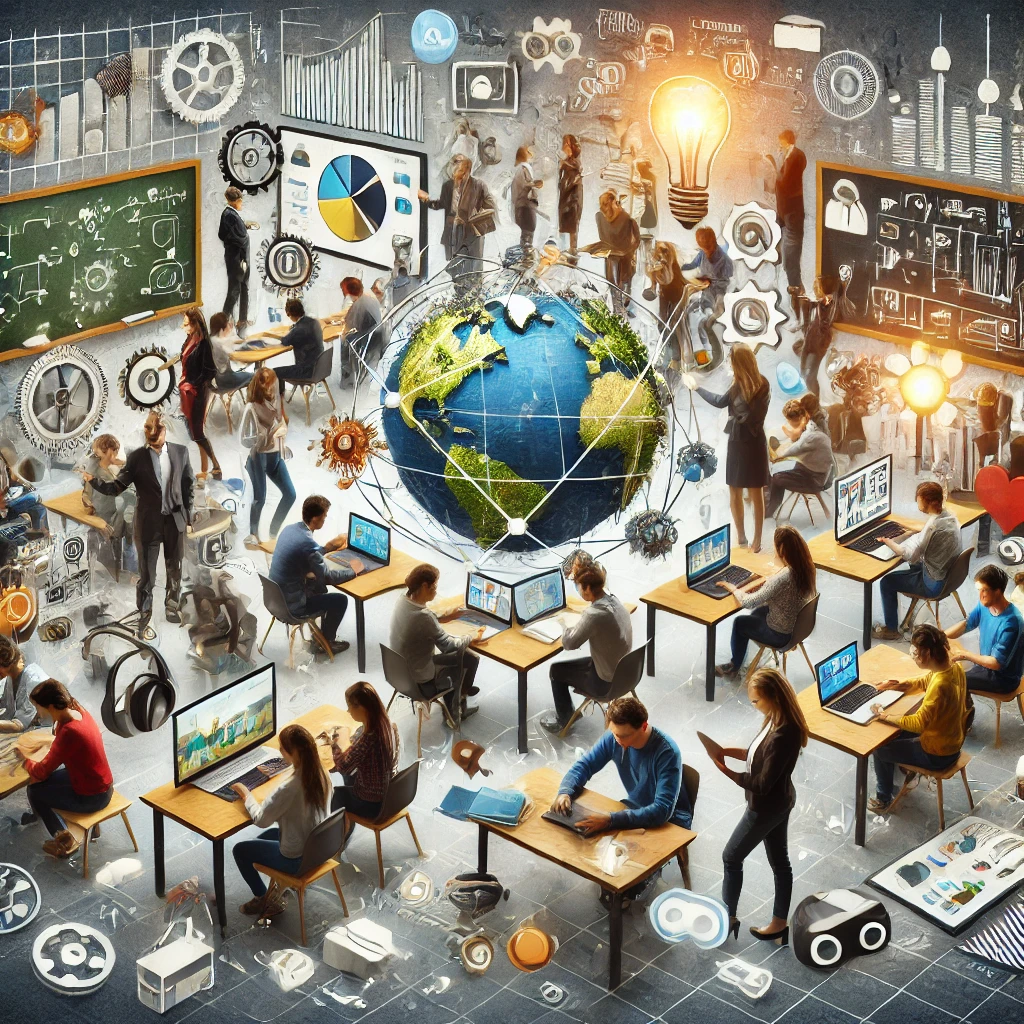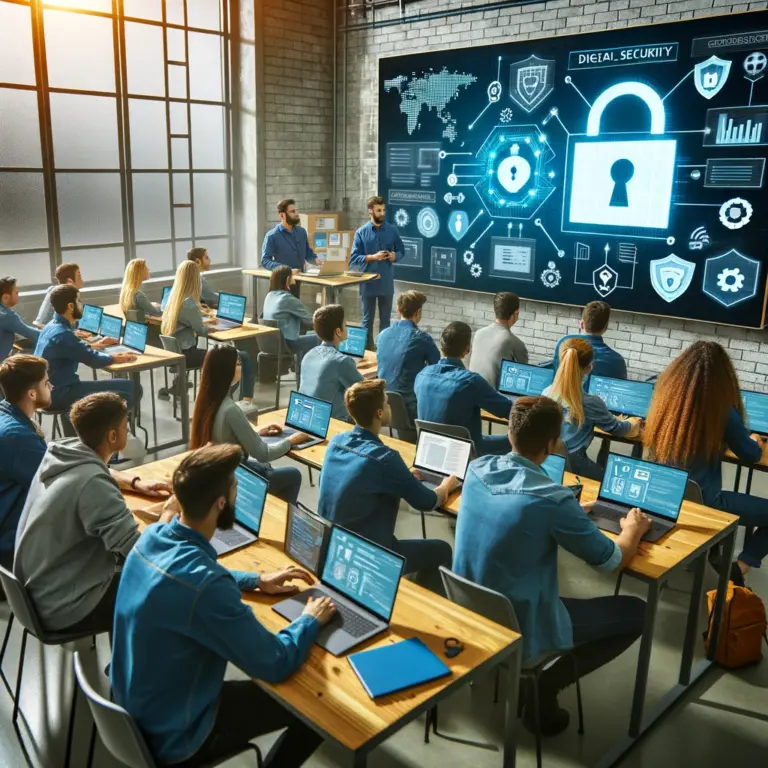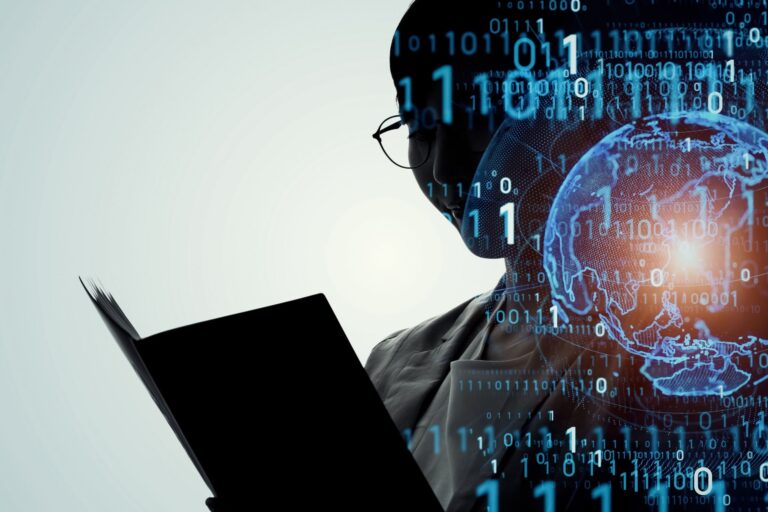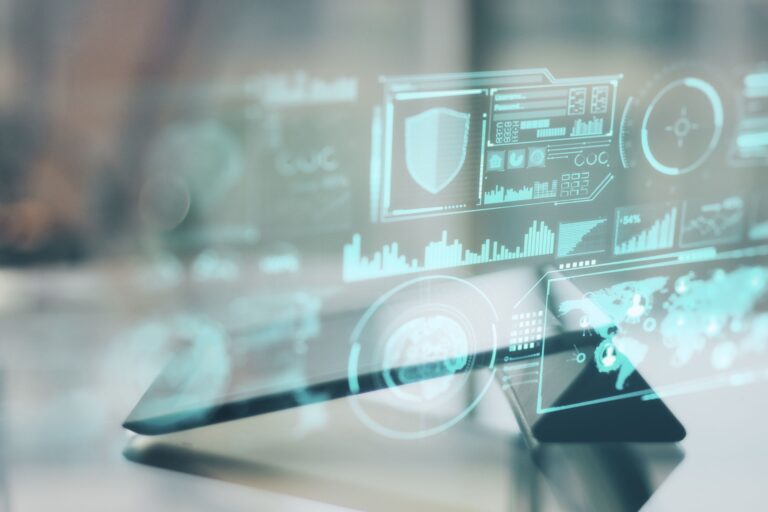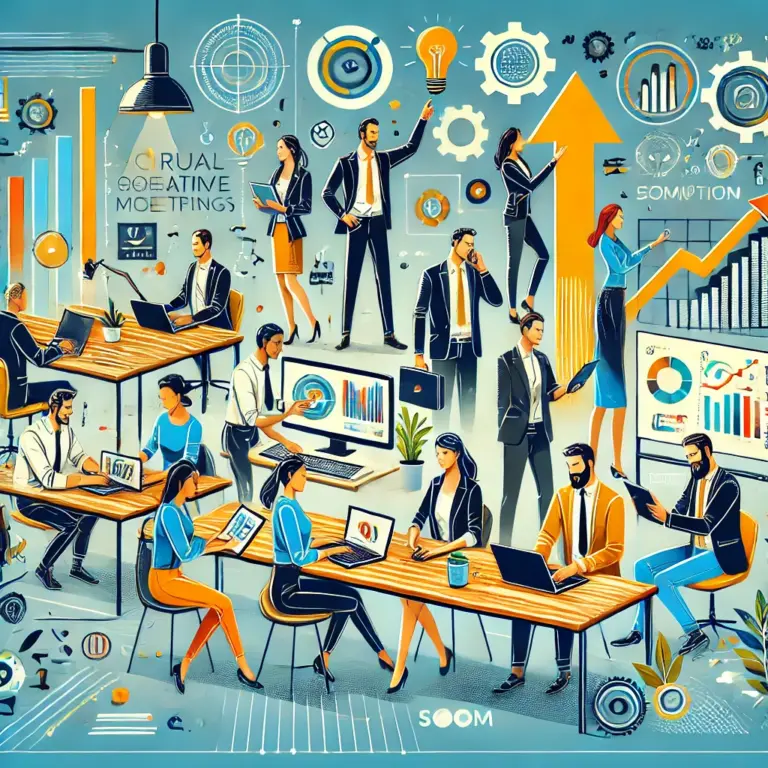The transformation of teaching techniques in the digital age has been profound, especially in the previous years. Traditional teaching methods, which often relied heavily on face-to-face interactions and static content delivery, have given way to more dynamic, interactive, and flexible approaches. This shift is driven by the need to prepare students and professionals for the demands of a digitalized world. Educators are increasingly leveraging technology to create more engaging and effective learning experiences, recognizing that the traditional classroom model is no longer sufficient to equip learners with the skills they need.
One of the most significant changes in teaching techniques has been the adoption of blended learning. This approach combines traditional in-person instruction with online learning activities, allowing students to benefit from the best of both worlds. Blended learning environments provide the flexibility to accommodate different learning styles and paces, ensuring that all students can thrive. For instance, a course might include online lectures and resources that students can access at their own pace, complemented by in-person workshops and group activities that foster collaboration and hands-on learning.
Another innovative teaching method gaining traction is the flipped classroom model. In a flipped classroom, traditional learning structures are inverted. Students first engage with new content through online resources, such as video lectures or reading assignments, outside the classroom. Then, class time is dedicated to interactive activities, such as discussions, problem-solving sessions, and practical applications of the knowledge gained. This method encourages active learning and enables students to delve deeper into the subject during classroom interactions.
Gamification is also playing a crucial role in modern education. By incorporating game-like elements, such as point systems, leaderboards, and rewards, into educational activities, educators can increase student engagement and motivation. Gamification leverages the natural human affinity for competition and achievement, making learning more enjoyable and effective. For example, coding boot camps often use gamified challenges and hackathons to teach programming skills in a fun and competitive environment.
Project-based learning is another transformative approach. This method involves students working on real-world projects that require them to apply their knowledge and skills to solve complex problems. Project-based learning not only enhances technical competencies but also fosters critical soft skills, such as teamwork, communication, and time management. By working on projects that have tangible outcomes, students gain a deeper understanding of the subject and its practical applications.
As technology continues to evolve, so to do the tools available for educators. Virtual and augmented reality (VR/AR) are being used to create immersive learning experiences that would be impossible in a traditional classroom. For instance, medical students can use VR simulations to practice surgical procedures in a risk-free environment, while AR can bring historical events to life by overlaying digital information onto physical locations.
The C-DISK project is at the forefront of these educational innovations, dedicated to supporting students, workers, and managers in developing digital competencies. Our initiative focuses on creating engaging and up-to-date learning materials, customized training programs, and innovative self-assessment tools. By leveraging the latest teaching methods and technologies, we aim to equip individuals with the skills necessary to thrive in the digital age. Through our comprehensive approach, the C-DISK project not only enhances digital literacy but also ensures that learners are prepared for the challenges and opportunities of the future.
In conclusion, the integration of innovative teaching methods is essential for developing digital competencies in today’s learners. As the digital landscape continues to evolve, so must our educational practices. The C-DISK project is committed to leading this transformation, providing the resources and support needed to cultivate a digitally competent and resilient workforce.

